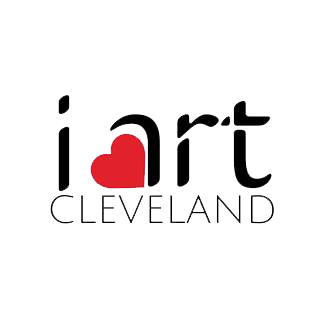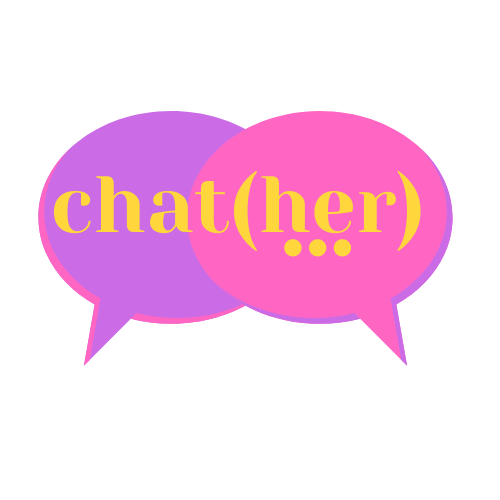Coding
I have six years of experience coding from research, internships, academic programs, summer camps like Indeed We Code, Game U, Tech Corps, and Girls Who Code, The W.E.B Dubois Scholar Institute at Princeton University, and the MIT MOSTEC program. In my most recent position, as a Software Development Engineer at Amazon, I use Java and AWS services like DynamoBD to refactor an internal system that allows fulfillment centers prepare for peak-traffic. This website and the works below are some of my favorite projects, click them to learn more!
Languages: Java, Python, C, HTML, CSS, JavaScript, C#, Mathematica, R
_______
My-Music-Mix
Google CSSI Advanced Cohort final project (2021)

(Ai)ly Your AI Friend
MIT's MOSTEC program project

Hawken Auction
Web Design/Development & E-Commerce (2020)









